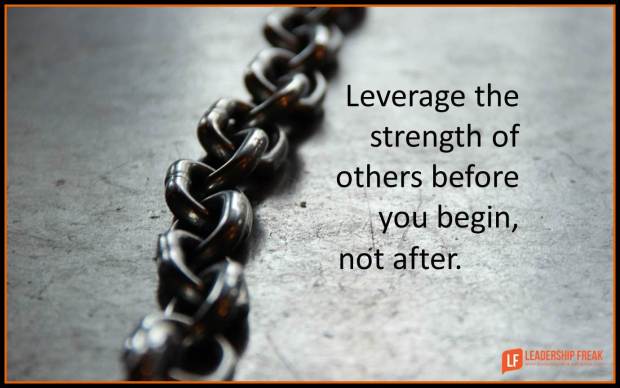The challenge of coaching teammates is technical skill. You know how to do their job the “right” way, if you’ve been promoted up the ranks. Or, at least you think you know!
Don’t explore options when there is only one. It’s disingenuous, manipulative, and humiliating.
If there truly is only one way to accomplish the goal, then teach, don’t coach. Tell, show, give room to practice, and evaluate.
If you know “a” way:
What if you know “a” way to get the job done, but want them to explore their options?
Tell them you’ve done the job and you know a way to get it done. Ask permission to explore options that make sense for them.
“Would it be ok if we explore ways to accomplish this goal in ways that make sense to you? What works for me, may not work best for you.”
Don’t be a know-it-all because you know one answer.
Coach after you give advice:
If coachees want your advice, and you are inclined to give it, coach after they’ve tried your methods.
“Go ahead and try it this way. Let’s talk about the things that worked and didn’t work for you at our next meeting. Perhaps we’ll find new ways to get the job done that suit your strengths.”
Avoid:
- My way is the right way.
- “I didn’t think your way would work, but I wanted you to learn a lesson.”
- Coaching as coercion or manipulation.
- Pretending you don’t know, when you know.
- Savior-coach attitudes.
Coaching teammates:
- Ask at least two questions before making statements.
- Provide space for progress, if time allows.
- Pursue solutions that work for others, not you.
- Give advice reluctantly.
- Honor their strengths and celebrate progress.
Bonus: Ask, “What’s next?”
How might internal coaches answer the challenges of coaching teammates and direct reports?

